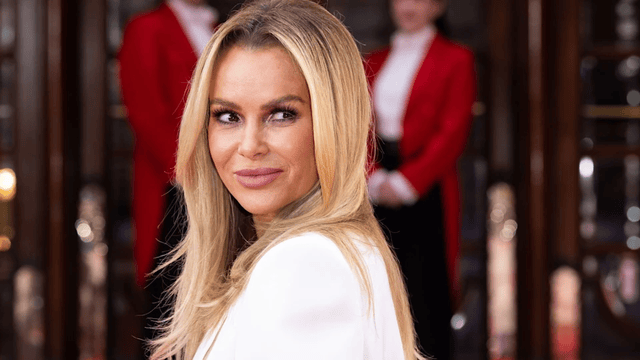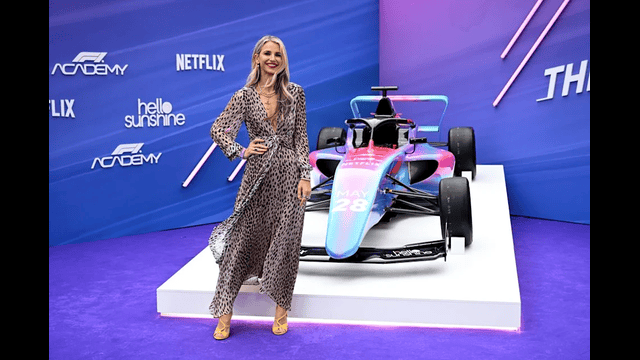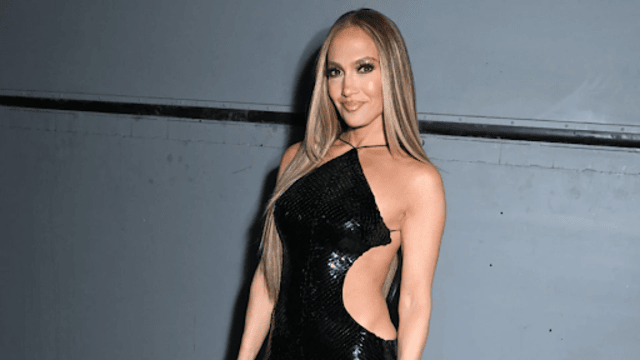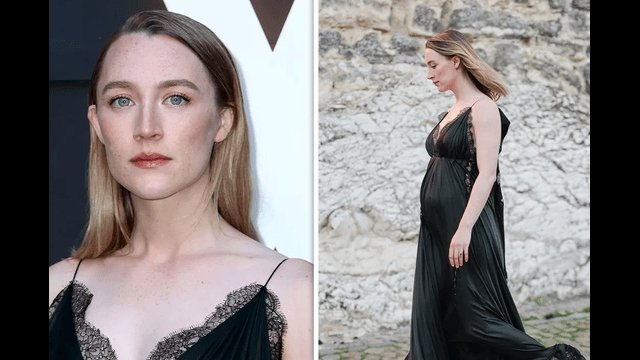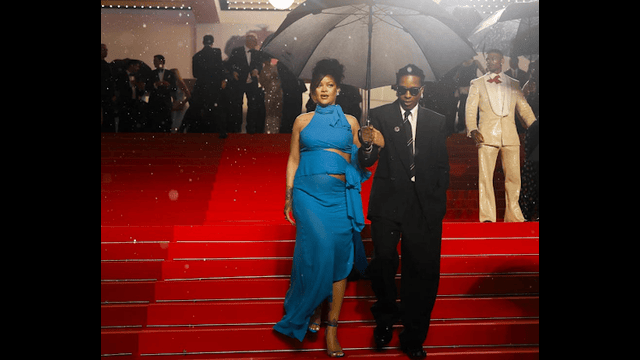
H&M plans to create digital clones of some of its models this year. CNN
Global fashion retailer H&M plans to create digital versions of its models this year, sparking fresh concerns about the impact of artificial intelligence (AI) on the fashion industry. The company aims to make 30 digital “clones” of its models, though it is still figuring out how to use them. H&M says it is working with modeling agencies and the models themselves to ensure the process is done “responsibly.”
The company stated that the models would retain the rights to their digital twins. This means they could potentially “work” for other brands and receive payment whenever their digital version appears in a campaign. H&M claims this approach will allow models to earn income, just as they would from traditional photo shoots.
The initiative has drawn mixed reactions. Paul W. Fleming, the general secretary of the UK’s performing arts trade union, Equity, welcomed H&M’s promise to compensate the models. However, he warned that AI protections must be included in union agreements and laws to safeguard workers’ rights, which he says are currently lacking.
“The race to use AI should not be a race to maximize profits by cutting corners,” Fleming said. “AI would not exist without human creativity, and people must remain at the heart of artistic work.”
H&M’s plan has also stirred worries within the fashion industry. Many fear that AI clones could reduce the need for real workers, putting creative jobs at risk. Sara Ziff, a former model and labor rights activist, voiced serious concerns. She founded Model Alliance, a nonprofit that supports fashion workers, and criticized H&M for moving forward without strong protections.
“In an industry already known for poor worker protections, H&M’s initiative raises big questions about consent and fair pay,” Ziff said. She warned that AI replicas could replace many behind-the-scenes workers, including makeup artists, hairstylists, and photographers.
H&M is not the first brand to explore AI in fashion. In March 2023, Levi Strauss & Co. announced plans to use AI-generated models to “complement” human ones. After facing public backlash, the company clarified that it would not reduce traditional photo shoots. Similarly, Spanish retailer Mango launched an AI-generated campaign last July to promote its youth collection.
AI models and influencers are becoming increasingly common. Last year, the world saw its first-ever AI beauty pageant, highlighting how quickly this technology is evolving.
As AI continues to grow in fashion, many industry experts are calling for stronger regulations. They argue that while AI offers exciting new possibilities, it also threatens to erase many creative jobs. With H&M’s new move, the debate over AI’s role in fashion is only getting louder.




